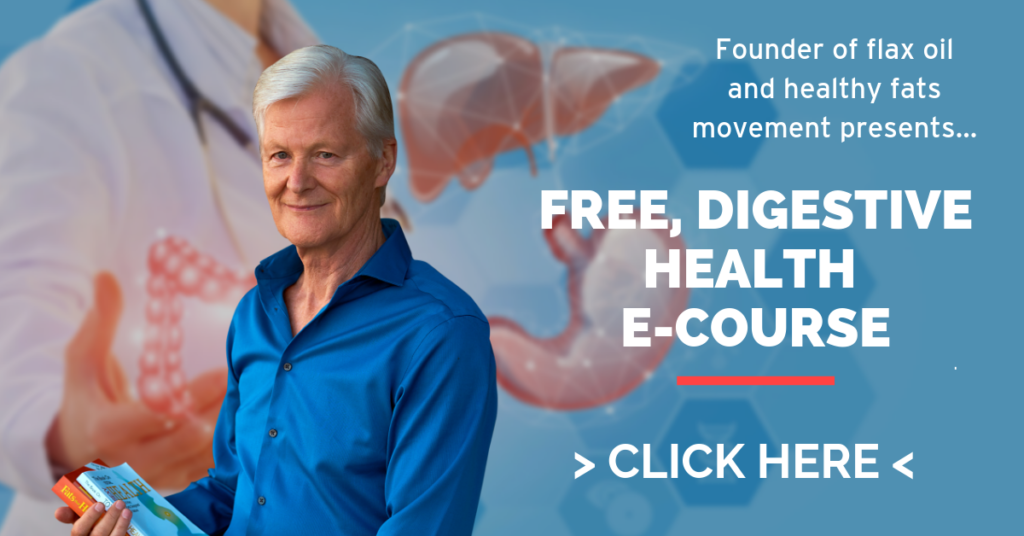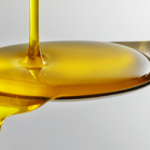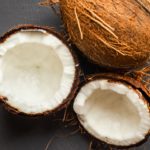Carbohydrates Make You Fat
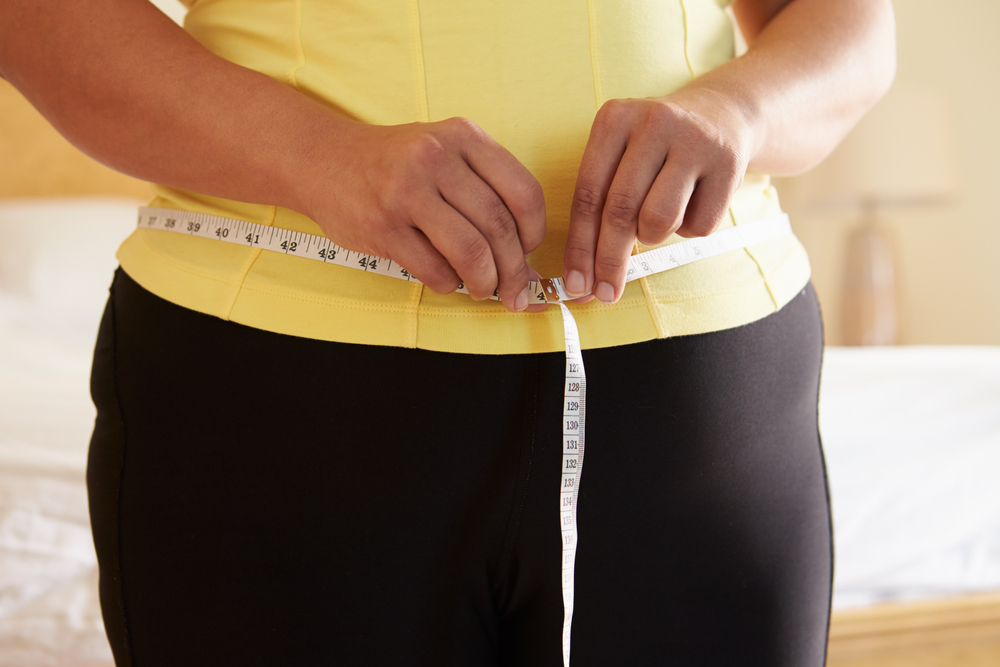
How do carbohydrates make you fat? You make or order food and eat it. By habit, you may like one or more of the following: grains, bread, flour, pasta, potatoes, fries, chips, noodles, corn, muffins, barley, yams, squash, grain-based stuffing and rice in your meals. If you have a ‘sweet tooth’ you might like cake, cookies, ice cream, pastries and other sweets for dessert. For drinks, you might prefer sweetened sodas, sugared coffee or tea, or fruit juices. You might like to eat a lot of sweet and starchy (carbohydrate) foods. A lot of people do.
What’s wrong with that? Most people eat more of them than they need for energy and survival. At the same time, most people don’t exercise enough. Most of you who are overweight or obese consume more carbohydrates than you need as fuel (that’s mostly the only thing that carbohydrates are good for) to burn for energy.
Carbohydrates contain no essential molecules that life cannot make in your body or get from other foods, which makes carbohydrates the least important of all the foods you eat. This does not make carbohydrates bad, just not essential.
If you eat whole foods rich in starches, you’ll get useful prebiotic fiber (food for probiotics that protect digestive health and also help with weight management) from those foods.
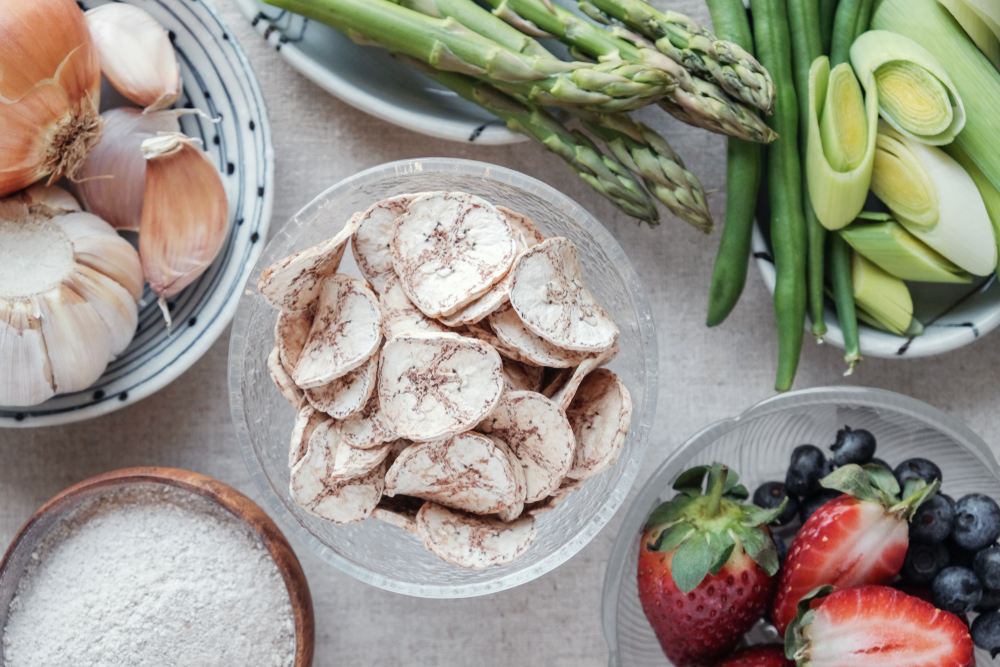
But nobody MUST have starchy foods or sugars for energy, because everyone can just as easily get energy from fats, oils or even proteins. When you’re starving, carbohydrates can save your life, but most people in the Western world are not starving. We’re more likely to be overeating and overweight, rather than skinny because we’re starving.
And by the way, eating high protein diets can also force fat production. In this case, life will turn an excess of amino acids–the building blocks of proteins–into carbohydrates and then into fats.
Eating more carbohydrates (or proteins) than you burn raises your blood sugar (glucose). High blood sugar can lead to a high blood sugar coma, or even death.
Protection
Life created a protective measure against this potential danger. What is that protective measure? In response to high blood sugar, life induces your pancreas to make and release insulin that drives excess sugar (glucose) molecules, those you didn’t burn in physical or mental activity, into your cells. This is a body-preserving survival response.
In your cells, something needs to be done with this excess, unneeded glucose. Life turns on (activates) that ‘fatty acid synthase’ gene we talked about before, whose only function is to make a protein enzyme that can do only one thing: convert sugar into fat. It catalyzes 7 steps that convert the excess sugar molecules in your blood into fatty acid molecules.
Here’s a summary:
If you don’t use up all of the sugar molecules you eat to make energy, life turns those that you didn’t burn to fuel the activities in your cells and muscles into fats that it then stores in your tissues and fat deposits.

